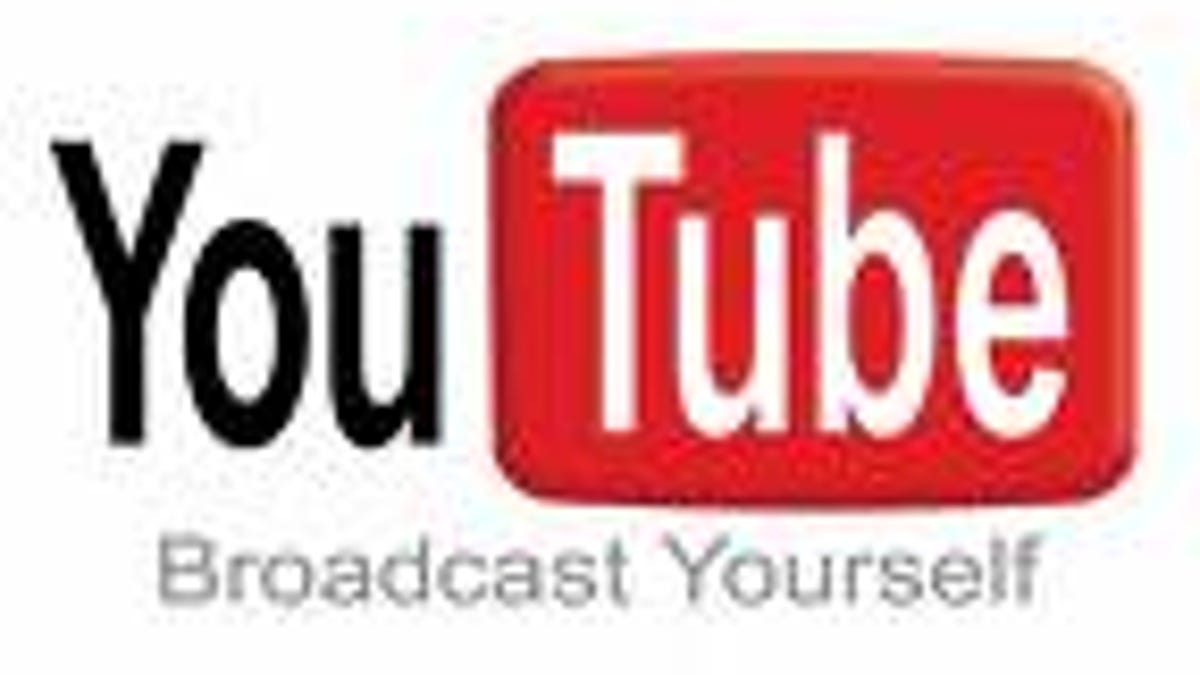Who would pay for Chad Hurley's video vision?
YouTube founder sees a bright future for online video--but first the Google-owned company has to prove the market is willing to pay for it.

Chad Hurley's vision of the future has video taking a much more integral part of people's lives than it does now. Not surprisingly, at the center of this vision is YouTube.
I'm not convinced.
Hurley posted his ideas on Google's Official blog. He said that video will continue to grow exponentially.
"Our goal is to allow every person on the planet to participate by making the upload process as simple as placing a phone call," Hurley wrote. "This new video content will be available on any screen--in your your living room, or on your device in your pocket."
It's easy to see why Hurley is so bullish on Internet video's future. Every second about 13 hours of video is uploaded to the site, Hurley said. Look at the impact YouTube has had on politics, entertainment, and news reporting. No major political candidate can afford to ignore YouTube's power to spread messages and influence young people.
TV networks and film studios continue to wrestle with members of the public uploading clips of shows and displaying them to millions of viewers without permission. Amateur news videographers have the power to disseminate reports to millions thanks to YouTube.
Yet, even with all these achievements, YouTube still is unable to eek out an acceptable profit, its management has acknowledged.
I think YouTube is one of the greatest communication methods of all time. To watch people living in Iraq communicate with me about their lives--without news agencies filters--is nothing short of a marvel. But on a day to day basis, it's still often hard to wade through the endless mass of clips to find something worth watching.
In sizing up how far Web video has come, Hurley takes a few liberties. "What used to be a gap between 'professional' entertainment companies and home movie buffs has disappeared," Hurley wrote.
If he's saying that any amateur can pick up a camera and now has a chance to reach a large audience, he's absolutely correct. If he's saying that the quality level is the same he's badly mistaken. People still want premium content. They still want to see the products made by the country's best writers, directors, actors, and producers more than they do clips of Aunt Helen wiggling her ears.
Need proof? Check out the skyrocketing growth of Hulu. The Web video portal created by NBC Universal and News Corp. features content from those two entertainment companies as well as other top entertainment companies. According to reports, Hulu is said to be generating the same ad revenue as YouTube, even though the latter company has been around much longer.
My point is, for Hurley's vision to be realized, someone is going to have to pay for it. What has to be answered is whether there is even a market for the kind of all-around video availability that includes Hurley's vision of "on any screen--in your living room, or on your device in your pocket."
Hurley should be more concerned with proving his current model before worrying about the next one.

